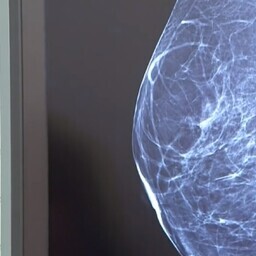The Human Genes Research Act will come into force next year.
It allows the use of genetic data in medicine. For example, it is now possible to assess breast cancer risk.
Genetic data also helps detect diseases earlier. For instance, women will be invited for mammography at age 40 instead of 50.
The Health Insurance Fund manages this system. Krista Kruuv-Käo explained how it works.
First, a woman receives an invitation. She is either 40 years old or older. The invitation offers two options.
If the woman is not a gene donor, she registers at a nearby hospital. There, she undergoes a genetic test.
If the woman is a gene donor, she must first visit the health portal. There, she gives consent for her data to be used.
If the breast cancer risk is high, the woman will undergo mammography more frequently. If the risk is low, the next invitation will come at age 50.
Krista Kruuv-Käo said that this new system is a major advancement in Estonia's healthcare.
Using genetic data helps better prevent diseases and prescribe treatments. New services will be developed gradually.
Krista Kruuv-Käo mentioned that prescribing antidepressants based on genetic data may begin in a couple of years.
If a woman does not wish to take the test at age 40, she can do it at age 50.
Breast cancer risk is not inherited from parent to child.

